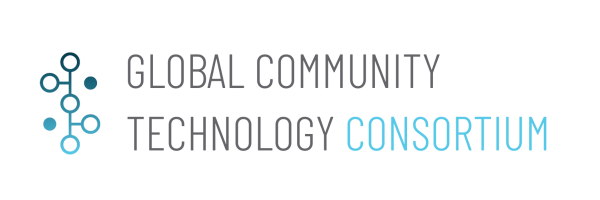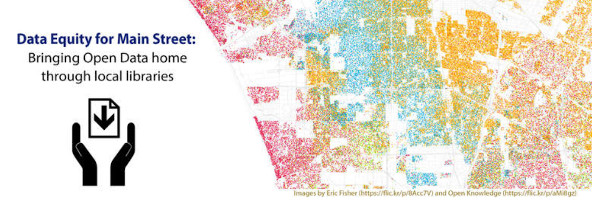Data Equity for Main Street - Bring Open Data to Communities through Public Libraries
| Data Equity for Main Street - Bring Open Data to Communities through Public Libraries | |
|---|---|

| |
 Bring Open Data to Communities through Public Libraries | |
| Team Organizations | San Jose State University |
| Team Leaders | Anne Neville-Bonilla |
| Participating Municipalities | State of California |
| Status | Implemented |
| Document | None |
Description
The Data Equity for Main Street Project is a Data Literacy and Civic Tech project that has aimed to engage community members in open data and empower them to participate in open data projects. By engaging in a curriculum that is meant for those who want to learn about and give feedback on open data, rather than just publish open data, participants improve their digital (data) literacy skills and be exposed to opportunities to use open data to inform community issues or answer individual questions. The project is moving into a new phase, from a in-class online model, to an online, interactive model. We seek to identify the impact of this new online, interactive model.
Challenges
Open data presents an exciting opportunity to make the data that the government collects available to everyone to support entrepreneurial activity, policy analysis, advocacy and more. While many local and state governments have begun to release data, there is not a central place (physical or online) where community members can go to learn about why open data may be relevant to them.
Solutions
This curriculum creates that opportunity by leveraging the power of local libraries, already the place where people come to expand their digital literacy skills.
Major Requirements
- Pilot the online, interactive curriculum
- Create evaluation modules to identify impact/learning
- Identify graduate students interested in working with team to interview libraries and others that use the training
- Identify potential local and state governments that want to use the curriculum to train staff, as part of a human-centered design focus, to increase staff interest in publishing open data and collaborating with community members
Performance Targets
| Key Performance Indicators (KPIs) | Measurement Methods |
|---|---|
|
Surveys and graduate student interns (qualitative) |
Standards, Replicability, Scalability, and Sustainability
In the first phase of our project, we created a curriculum that really required a formal class (using powerpoints etc.). In this phase, we have developed an online, interactive curriculum that still supports libraries or other community institutions that wish to teach the class, but just as easily allows people to take the class by themselves. We believe this online version is more scalable and sustainable, and will test that during this phase.
Cybersecurity and Privacy
The curriculum includes sections about what open data is, helping program participants differentiate between data that includes personally identifiable information and public, open data.
Impacts
This project focuses on the importance of community engagement and human centered design - i.e. making sure that community members feel empowered to use and give feedback on open data, whether or not they are particularly technically skilled. By engaging members of the community who are not traditionally part of the civic tech space, we hope to strengthen and expand the tools that local and state governments make available.
Demonstration/Deployment
We will launch our online/interactive curriculum in early June 2019. It will be ready for a complete demonstration by the GCTC Expo. Information about our project is available at https://data-equity.org